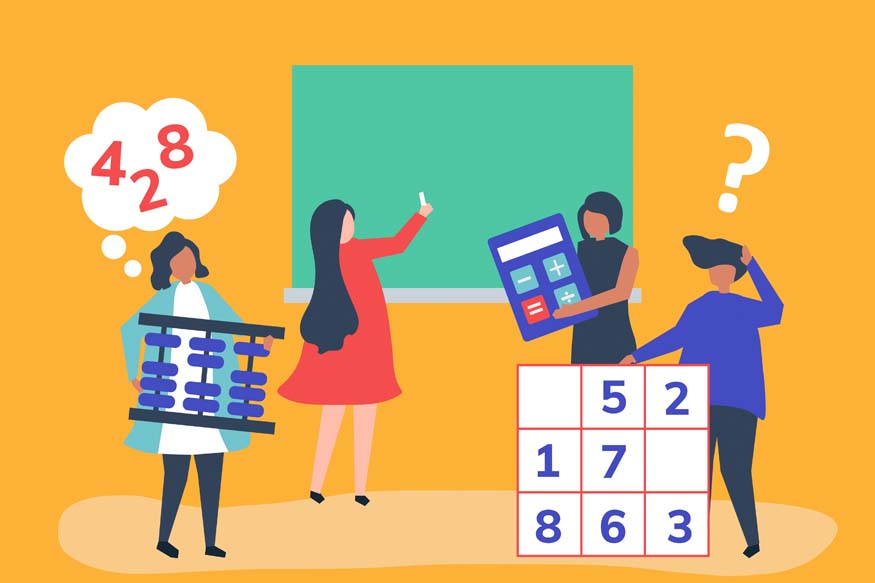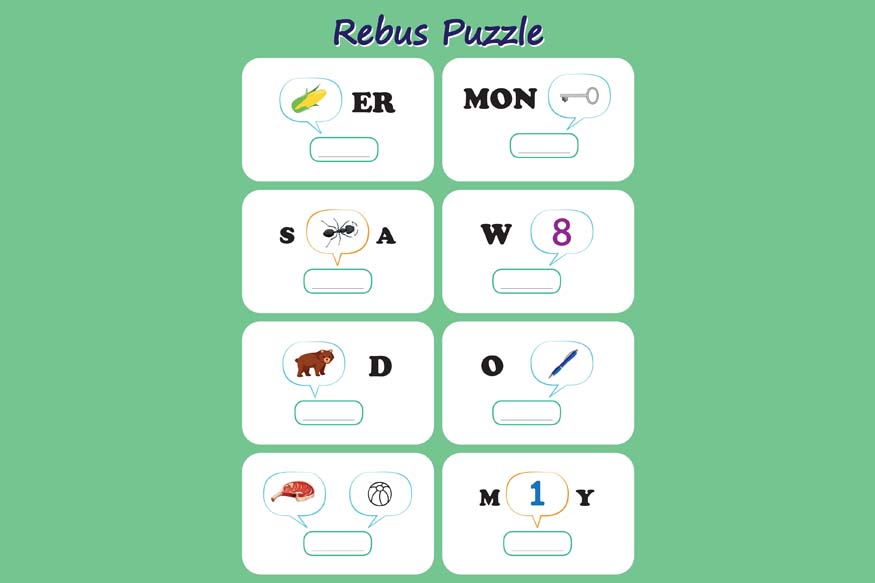Table of Contents
- The importance of parent-child communication
- Tips for effective communication: Setting the foundation
- Conversation Between Parent and Child: Creating Meaningful Dialogues
- Tips for effective communication: Active listening
- Conversation between parent and child: Navigating difficult topics
- Tips for effective communication: Non-verbal cues
- Conclusion
Effective communication with children is a crucial factor to build a healthy and strong parent-child relationship. Parental interaction significantly determines the developmental pattern of children and their perception of life and relationships. This blog will explore tips for effective communication to improve parent child communication and ways to create stronger bonds with children.
The Importance of Parent-Child Communication
Before we go through the general tips for effective communication, it is important to establish the importance of parent-child communication. An open, honest, and supportive parent child communication includes the following:
– Establishes trust and enhances affection in relationships.
– Fosters a child’s self-worth and self-regard.
– Improves problem-solving skills.
– Decreases incidence of conduct and fighting problems.
– Develops the social and emotional growth in a child.
An effective communication with children will provide these benefits and help them navigate challenges in life efficiently.
Tips for Effective Communication: Setting the foundation
To establish a solid basis for parent-child communication, consider these fundamental tips:
- Create a safe space: This means that your child should be free to express thoughts and feelings and not be punished or reprimanded on account of that.
- Be present: This means avoiding the usage of phones or tablets when your child is conversing with you.
- Show respect: If your child expresses his or her opinion or has feelings, show those opinions and feelings every bit of respect you would extend to an adult.
- Use positive language: When talking to your child, aim at using positive language that will encourage the child to take the right decision and action.
- Be consistent: Communicate clearly to make your child trust your signals. It is one of the important steps for effective communication with children.
Conversation Between Parent and Child: Creating Meaningful Dialogues
Engaging in a meaningful conversation between the parent and the child is more than the casual, small talk. Here are some strategies that can deepen the dialogues with your children:
- Ask open-ended questions: Help your child express themselves completely by asking questions which cannot be answered in simple yes and no.
- Share your own experiences: Share your own life updates, your thoughts and feelings to have a two-way conversation.
- Create daily rituals: Creating daily habits such as talking to the child meal time or before sleeping is a great way to deepen your communication and relationship.
- Use prompts: Use conversation starters or games that create appealing topics of discussion.
- Follow their lead: Allow your child to guide the conversation occasionally. This will help them realise their interests and thoughts are valuable.
Tips for Effective Communication: Active listening
Active listening is an important aspect of effective communication with children. Here are some tips for effective communication through active listening:
- Give full attention: Maintain eye contact and show your children that you are completely engaged in the conversation.
- Avoid interrupting: Do not interrupt your child and let them continue the thought process before responding.
- Reflect and validate: Summarise what your child has said to you so that you can show them that you are listening.
- Ask follow-up questions: Attempt to understand your child’s opinions by asking them questions for more details or explanations.
- Respond thoughtfully: Take some time to think to reflect your child’s words before replying immediately.
Conversation Between Parent and Child: Navigating Difficult Topics
Sometimes, the conversation between parent and child can involve challenging subjects. Here are some tips on how to approach these situations:
- Choose the right time and place: Make sure both you and your child are in a comfortable setting to ease the situation.
- Be honest and direct: Ensure you use age-appropriate language to explain difficult concepts.
- Encourage questions: Make sure your child understands that he/she can come and ask you anything whether it is curiosity or concern.
- Stay calm: Make sure to remain calm even if the topic or your child’s opinions could be provoking or upsetting you.
- Offer reassurance: Once you complete conversing with your child, end it with assurance that they will always be loved and cherished.
Tips for Effective Communication: Non-verbal Cues
Communication does not involve only words. There are non-verbal cues that must be paid attention to as they give some important information during parent-child interaction. Here are some of the effective non-verbal tips for effective communication with children:
- Use appropriate touch: A gentle tap on the back or a bear hug can help to show support. Even an encouraging word can help to show affection.
- Mind your body language: Avoid folding your arms and always maintain an open posture.
- Match your facial expressions: Make sure your face reflects the emotion of the conversation.
- Use gestures: You can use gestures to emphasise certain topics and keep your child engaged.
- Respect personal space: Be mindful of your child’s comfort level with physical proximity.
Conclusion
Having effective communication with children is not an easy task, and it takes time, effort and practice to master the art. Applying these communication tips and concentrating on interaction between a parent and a child will lay the foundation for a long healthy relationship between both of you and your child.
Please bear in mind that every child is different and the communication strategy for one child may differ from others. One has to be patient as they learn to both communicate and manage expectations of the child to navigate the complexities of communication. The effort you put into your parent-child communication will provide exemplary rewards to your child’s overall well-being, confidence, and future relationships.
At Center Point School, we recognise the value of effective parent-child communication for the child’s success. Our educators are always encouraged to be in touch with parents and students, and the student support is not limited to the learning process only. In working with parents to improve the child’s communication skills, we encourage children to be confident to express themselves and establish a strong social circle throughout their lives.





